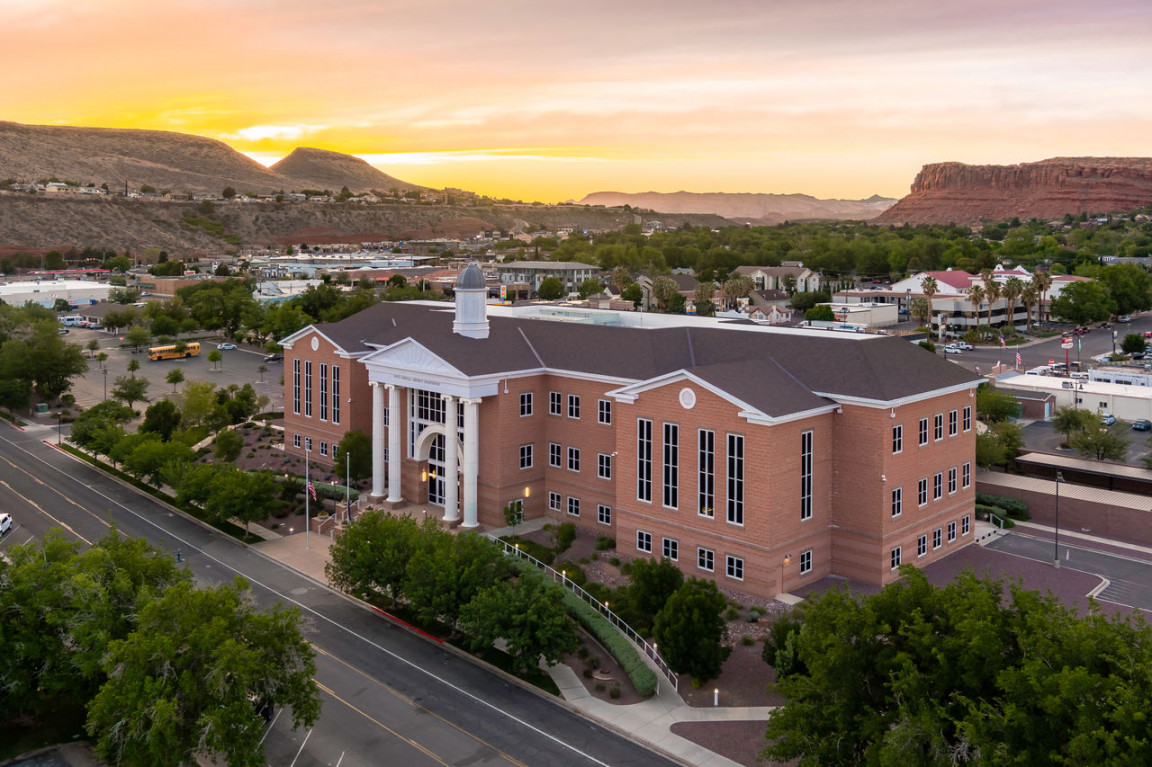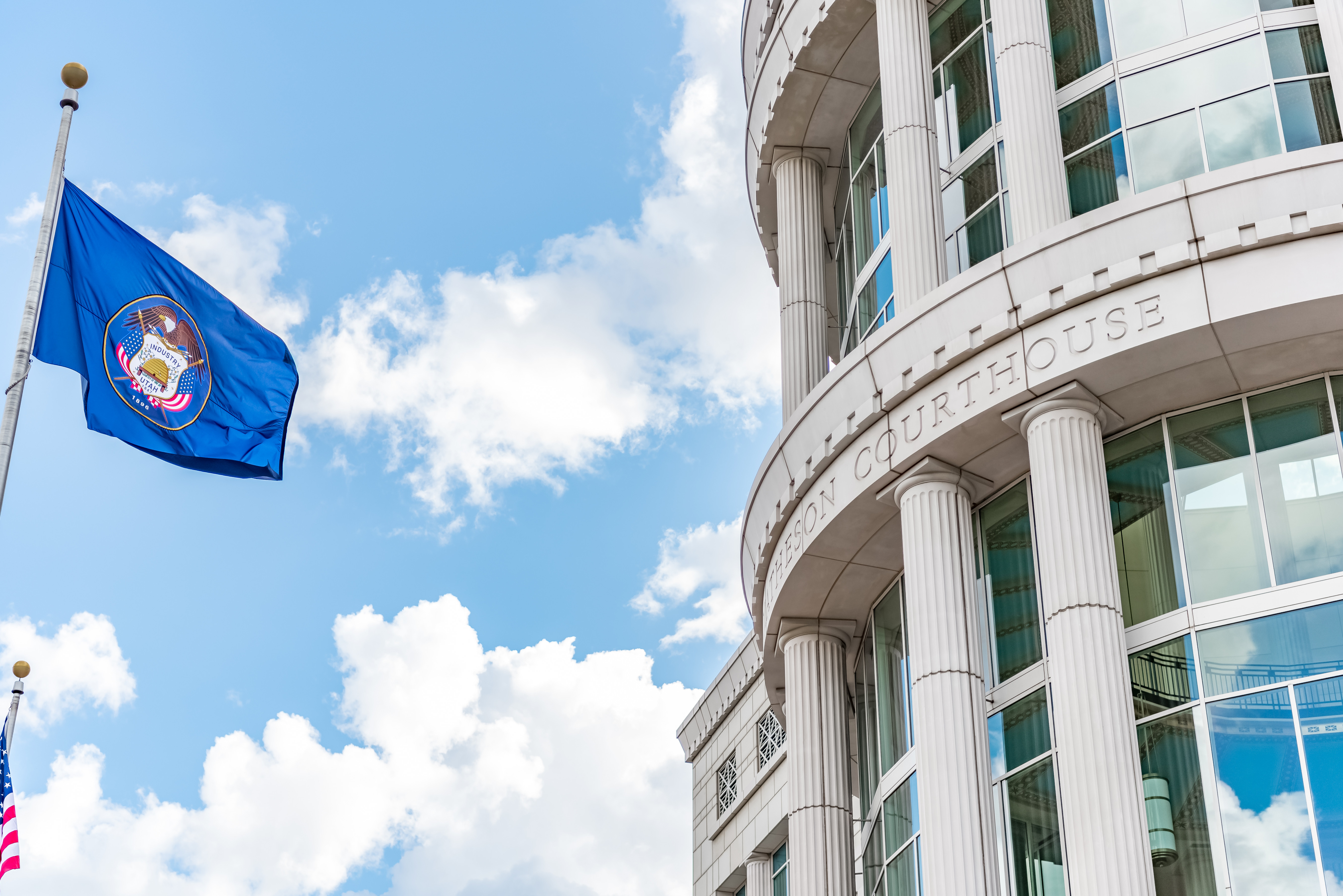Utah State Court Calendar
Truth Test: Fact-checking claims from lawmakers who voted to make their calendars secret
Estimated read time: 4-5 minutes

SALT LAKE CITY — It’s harder to know what Utah’s elected officials are up to after Gov. Spencer Cox signed a measure into law late Wednesday concealing their calendars.
The lawmakers behind the bill SB240 made a last-minute push to get it passed, and insisted their schedules were never meant to be released to the press and public under Utah’s open records law.

But is that accurate? The KSL Investigators put their statements through the KSL Truth Test.
Secret or not?
Rep. Brady Brammer told colleagues in the House of Representatives this week that the calendars have “never been disclosed, and we’re merely clarifying that they shouldn’t be disclosed.”
Brammer’s comments come as some of the state’s top officials fight attempts by the KSL Investigators and other journalists to see their schedules. Despite that recent pushback, members of the news media have long asked for and obtained public employees’ calendars through open records requests.
For example, Utah State Auditor John Dougall’s office provided KSL-TV with a record of his calendar last year in response to a public records request.
First Amendment attorney David Reymann said the notion that a public official’s calendar has always been off limits is “just simply false.”
Reymann notes the Utah State Records Committee ordered Attorney General Sean Reyes to turn over his calendar to KSL in response to a records request. And after careful consideration of legal arguments, a judge in Salt Lake City’s 3rd District Court agreed.
An accelerated timeline
The bill originally focused on a different issue: helping Utahns recover attorney’s fees when they win a public records case after a private entity — like a nonprofit or business — steps in to keep the information hidden.
Bill sponsor Curt Bramble, R-Provo, updated the measure last week to also make calendars secret. The new version was unveiled the same day it got a hearing at the state Capitol in the afternoon, leaving little opportunity for members of the public to find out about it and weigh in.
The bill was set to get another public hearing but instead went straight to a vote in the House of Representatives Tuesday, which passed the measure and sent it to the governor. The law was written to take effect as soon as Cox signed it, instead of the usual May start date for new laws.
In response to a question from KSL-TV about the expedited timeline, Bramble said, “it is inaccurate to insinuate that the bill was rushed.”
Bramble went on to say that “it is not unusual for bills to have one committee hearing, especially this time of the session.”
Reymann, who works to oppose anti-transparency measures on behalf of KSL-TV and other members of the Utah Media Coalition, called the bill a “rush job.”
“It was rammed through the House floor last night without full debate of any of the alternatives that we had suggested,” Reymann said Wednesday.
Safety and security
Tuesday night was the first time Bramble and his colleagues publicly raised concerns about safety being compromised if the calendars are released.
Bramble cited vandalism at Sen. Mike Kennedy’s home in 2023 and a demonstration at the home of former state epidemiologist Angela Dunn in 2020 as evidence.
“Disclosing elected officials’ and state employees’ calendars to the public has immense and even grave safety concerns, as experienced by Sen. Kennedy with legislation related to minor transgender surgeries and Angela Dunn with COVID. For the safety of elected officials and staff, there was an immediate effective date for this clarification,” Bramble wrote in his statement.
Dunn told KSL-TV Wednesday that during her time as state epidemiologist, her calendar did not contain her home address and she was not aware of it ever being given to someone in response to an open records request.
“I don’t appreciate my example being used in a bill where the example has nothing to do with it,” Dunn said.
Kennedy said whoever spray-painted his home last year wasn’t caught, so it’s not clear how they knew where he lived.
“My calendar has never been public,” Kennedy said, but he noted his address was easily found.
Truth test
Utah’s public records law contains long-standing exemptions for safety and privacy, Reymann said.
In KSL-TV’s attempt to get a copy of the attorney general’s schedule, the State Records Committee responded to safety concerns by saying Reyes could redact the locations of his work appointments.
This Truth Test revealed lawmakers’ claims that calendars have not been turned over to reporters under Utah’s public records law are false. In addition, SB240’s movement through the Legislature and its potential start date was accelerated. Finally, examples Bramble used to illustrate safety concerns do not involve calendars, so they do not support his assertion.
Related storiesMost recent Politics stories
Daniella Rivera joined the KSL team in September 2021. She’s an investigative journalist with a passion for serving the public through seeking and reporting truth.
More stories you may be interested in